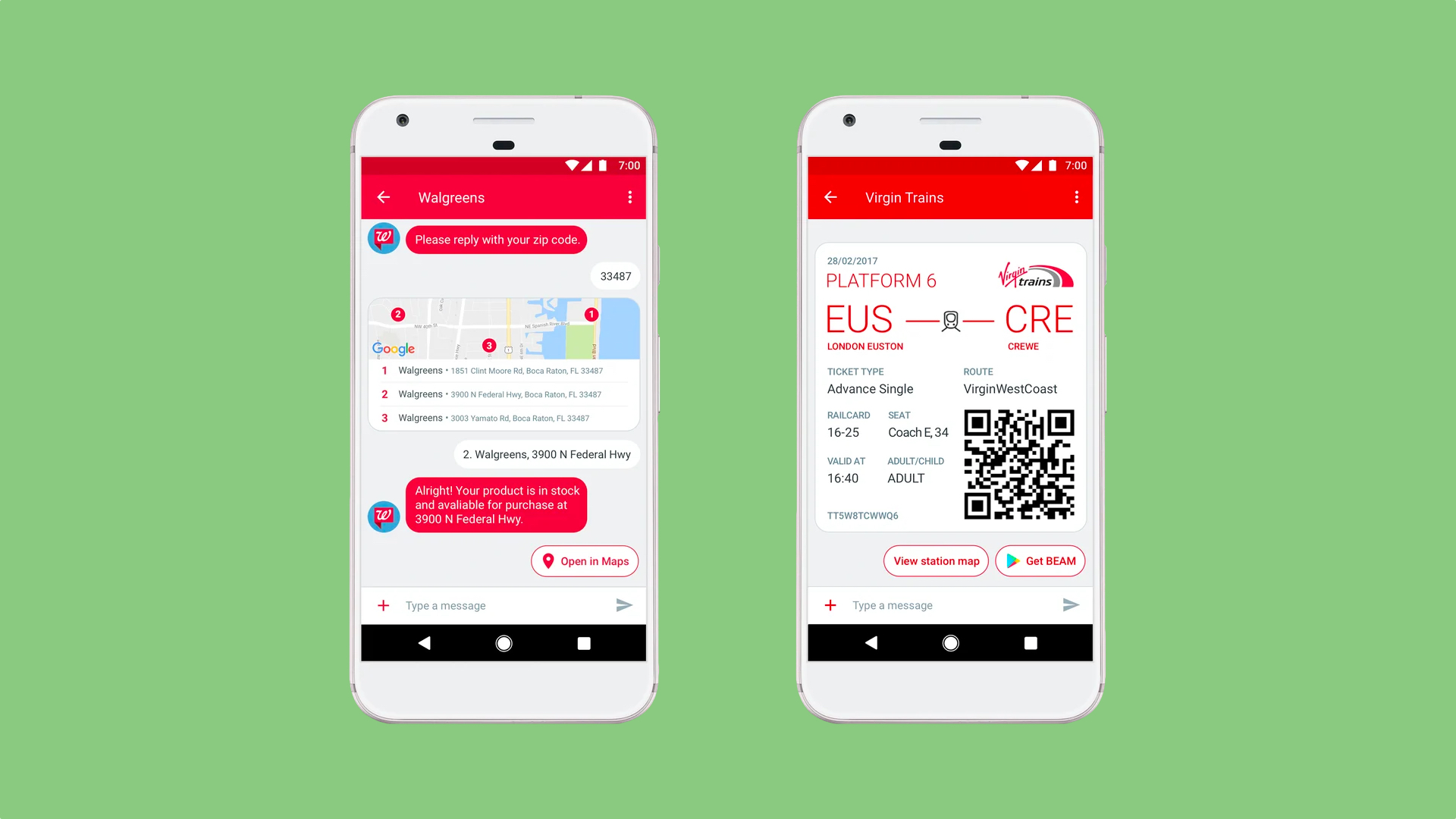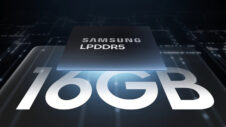Samsung and Google have long called upon Apple to support the RCS standard for text messages on the iPhone, but Apple being Apple was playing hard to get for the longest time. The company unexpectedly announced in November last year that it will add RCS support to iPhones starting in 2024.
Many felt that this may have been the result of various regulatory challenges that Apple has been facing in the EU. However, if a new report is to be believed, it may have been China that forced Apple's hand on ultimately agreeing to support RCS on iPhones.
This is what Daring Fireball, a publication with a solid track record on Apple news, understands. It argues that Apple's decision to support RCS may not have been motivated by the EU's new Digital Markets Act. On the contrary, the European Commission wasn't forcing Apple to give third-party apps access to iMessage services.
The Digital Markets Act doesn't directly mention RCS either. It only envisages interoperability for messaging platforms but since RCS isn't an interoperability protocol and doesn't have encryption, it's not all that different from plain old SMS. Since iMessage was deemed to be a gatekeeper platform as far as this law is concerned, Apple may not have faced any compulsions in the EU to support RCS.
So what finally caused Apple to give up its years of resistance to RCS? The publication suggests that it may have something to do with political pressure from China, one of Apple's most lucrative markets. Chinese carriers have supported RCS for the longest time. China has also mandated that new 5G devices must have RCS support before they can be certified for sale in the country.
Be that as it may, the end result is that the iPhone will be supporting a standard that almost every other modern phone already does, and one can hope that it positively contributes to the advancement of this standard.







